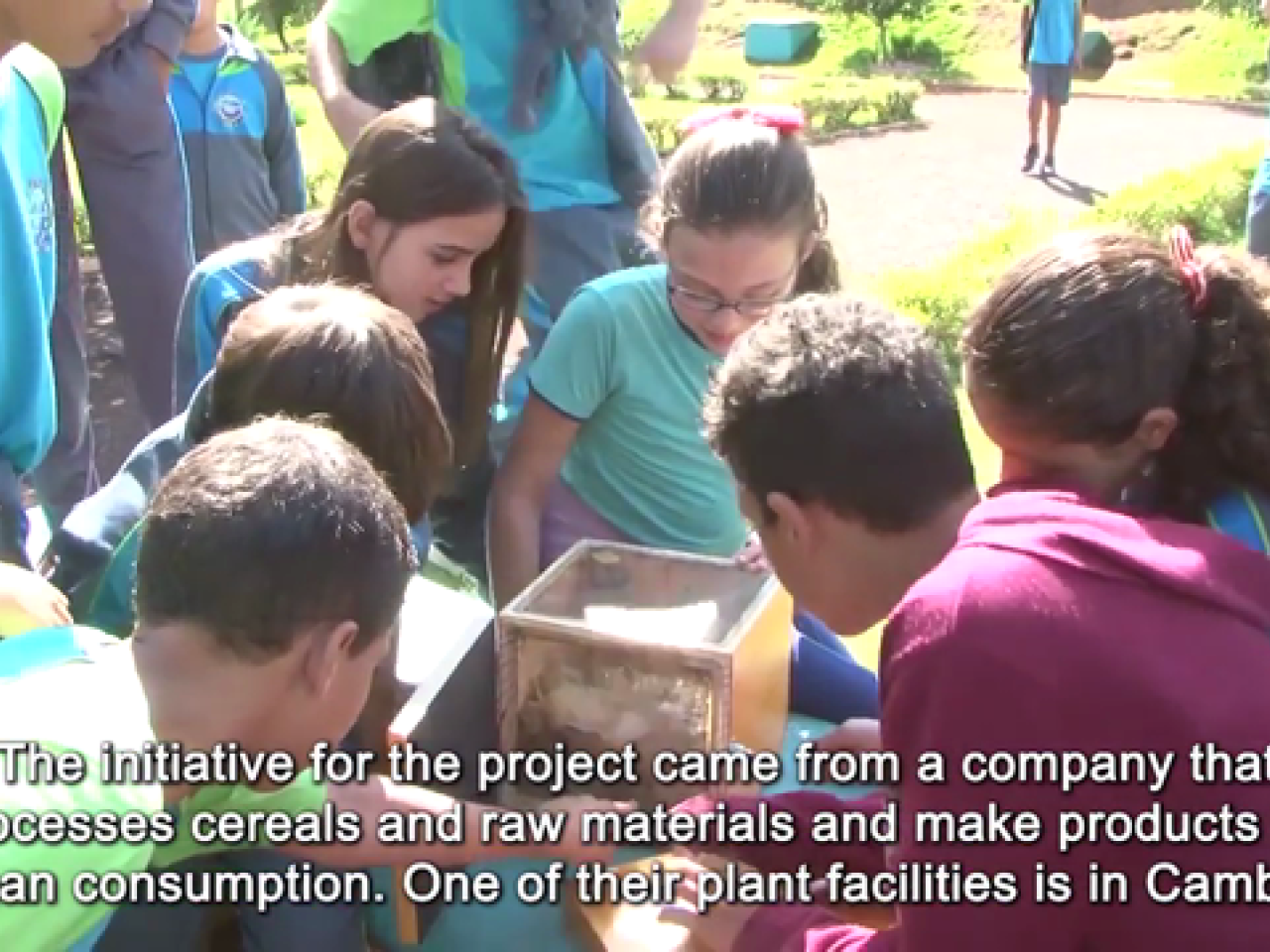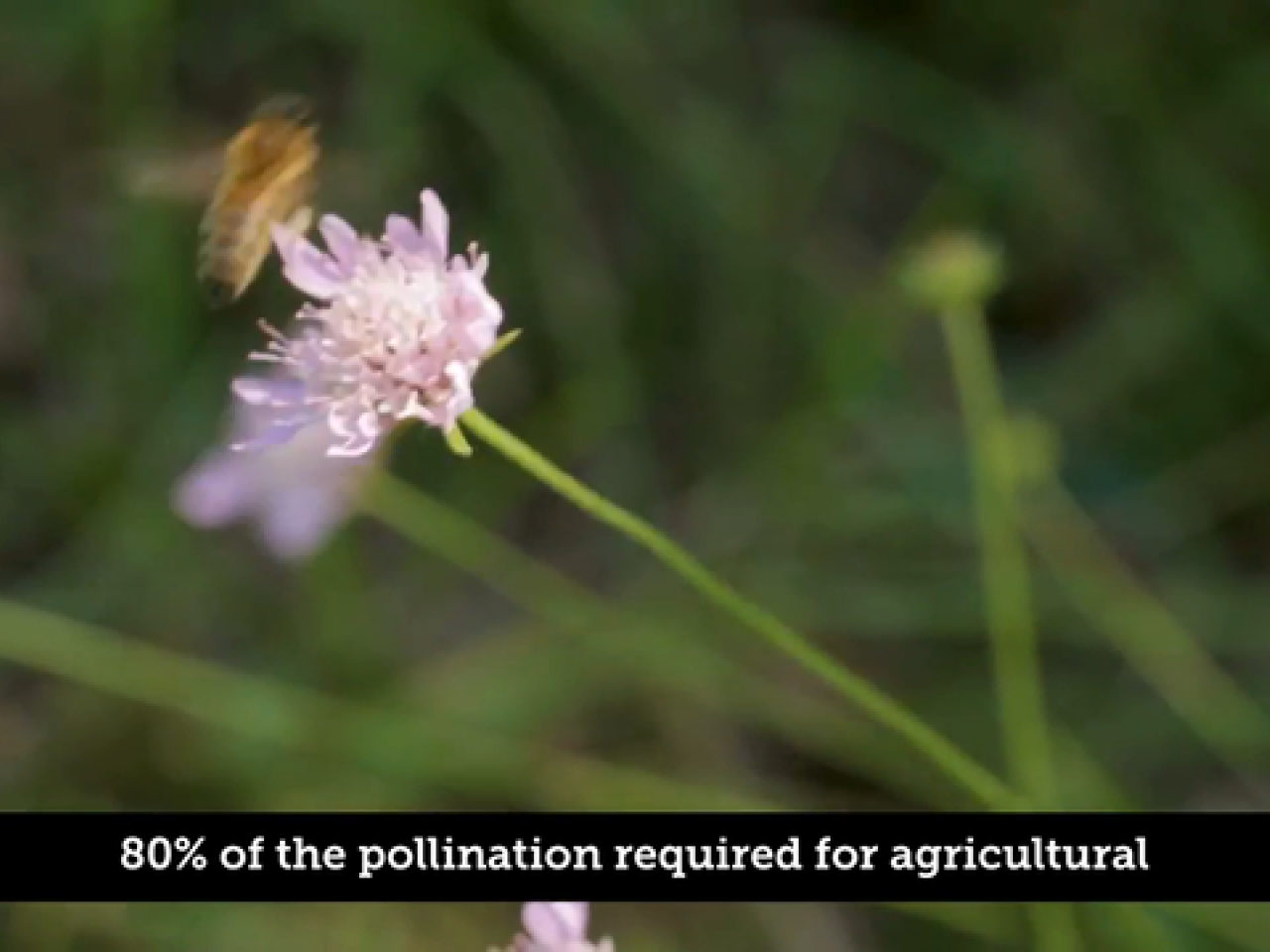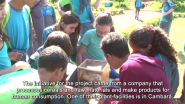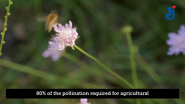Protecting Pollinators
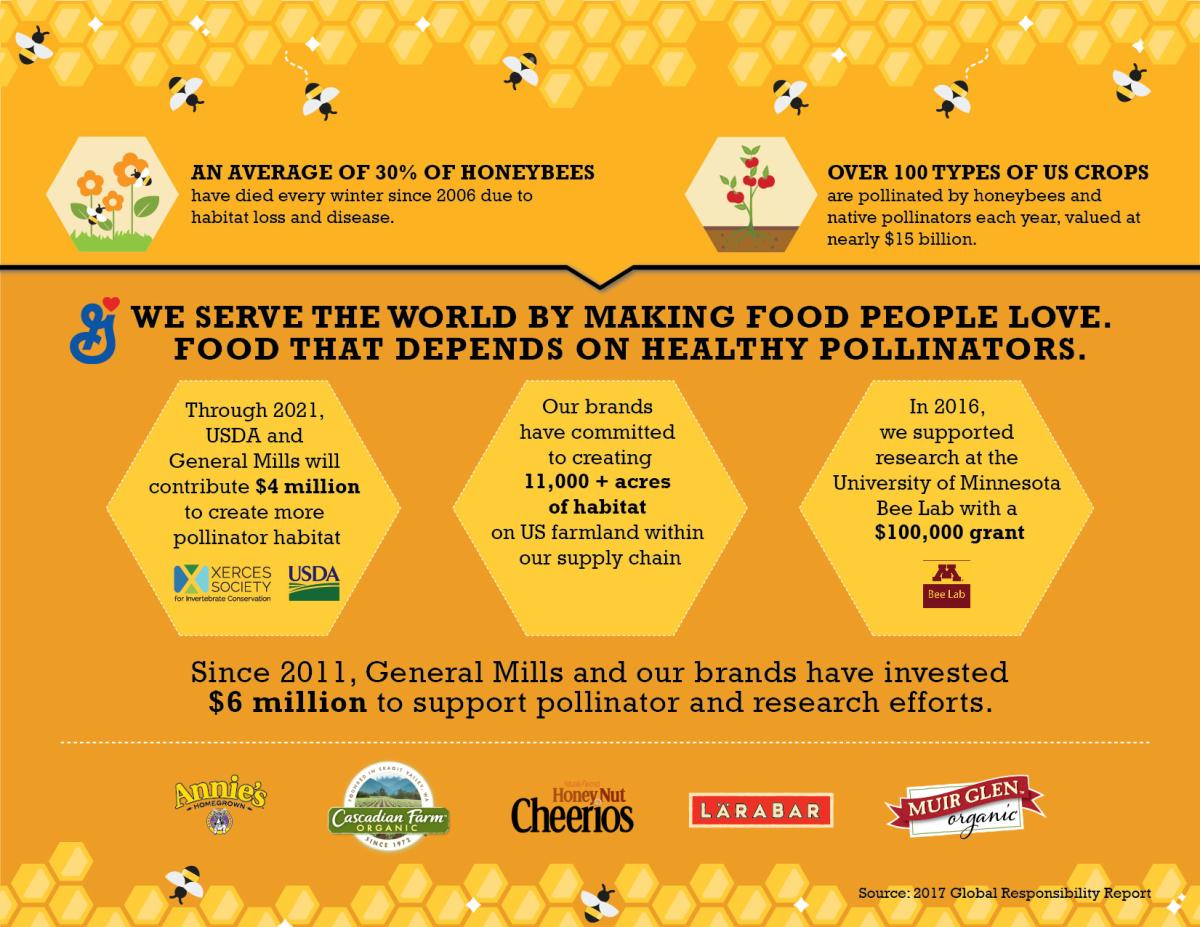
We serve the world by making food people love. Food that depends on healthy pollinators.
Since 2011, General Mills and our brands have invested $6 million to support pollinator and research efforts.

